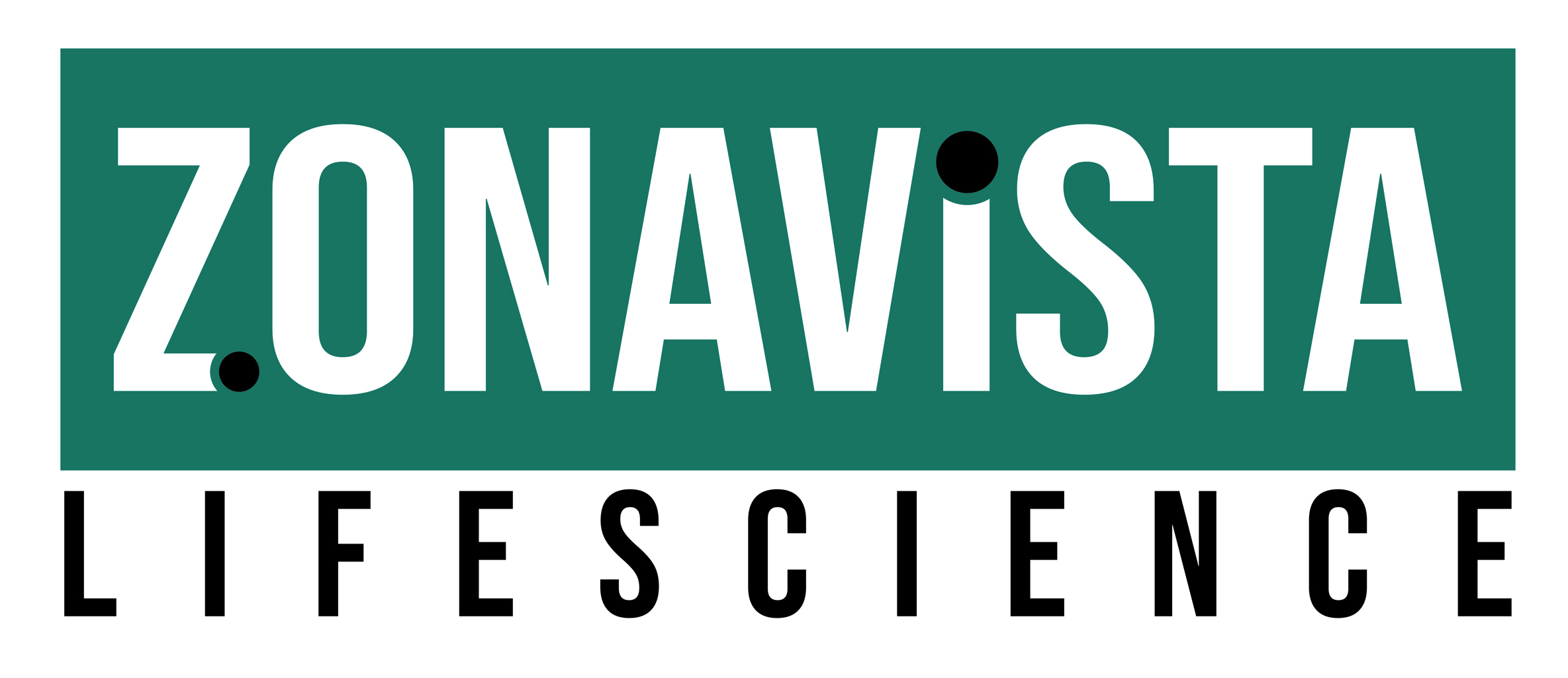The pharmaceutical assiduity is at the van of invention, and one of the most transformative developments in recent times has been the integration of Artificial Intelligence( AI) into medicine discovery processes. As the demand for new curatives grows, the traditional styles of medicine discovery — frequently lengthy, expensive, and fraught with query — are decreasingly being supplemented or replaced by AI- driven approaches. In this blog, we will explore how AI is revolutionizing medicine discovery, the benefits it brings, and the challenges that accompany its perpetration.
Understanding Drug Discovery
Drug discovery is a complex,multi-step process that involves the identification, development, and blessing of new specifics. Traditionally, this process has taken times, if not decades, and can bring billions of bones
. It encompasses several stages, including target identification, emulsion webbing, preclinical testing, and clinical trials. The complexity of natural systems, coupled with the vast number of implicit composites, makes medicine discovery a daunting challenge.
AI in Target Identification
One of the critical phases in medicine discovery is target identification — the process of determining which natural motes can be targeted to treat a complaint. AI algorithms can dissect vast datasets, including genomic, proteomic, and metabolic information, to identify implicit medicine targets more efficiently than traditional styles.
For illustration, machine literacy models can sift through large natural datasets to find correlations between inheritable mutations and complaint pathways. By relating these connections, experimenters can pinpoint targets that might have preliminarily gone unnoticed, opening new avenues for remedial intervention.
emulsion Webbing and Design
Once implicit targets have been linked, the coming step is to discover composites that can effectively interact with these targets. AI has converted the emulsion webbing process by enabling virtual webbing, where computational models prognosticate how different composites will bear in natural systems.
Using ways like deep literacy and underpinning literacy, AI can induce new emulsion structures and prognosticate their pharmacological parcels. This not only accelerates the discovery process but also enhances the liability of chancing effective campaigners, thereby reducing the number of composites that need to be synthesized and tested in the lab.
Predicting Drug Efficacy and Safety
AI’s prophetic capabilities extend beyond relating implicit composites; they can also read medicine efficacity and safety. By assaying data from former clinical trials, patient records, and real- world substantiation, AI algorithms can help prognosticate how a new medicine will perform in different case populations.
For case, AI can dissect literal data to identify biomarkers associated with successful treatment issues. This can guide clinical trial design, helping experimenters elect the right case populations and increase the chances of success.
Streamlining Clinical Trials
Clinical trials are frequently the most time- consuming and precious phase of medicine development. AI can help streamline this process by perfecting patient reclamation, optimizing trial design, and covering trial data in real time.
AI algorithms can dissect patient databases to identify individualities who meet specific trial criteria, reducing the time demanded for reclamation. likewise, machine literacy can help in adaptive trial designs, where protocols are acclimated grounded on real- time data, allowing for further flexible and effective studies.
Post-Market Surveillance and Pharmacovigilance
AI’s part in medicine discovery does n’t end with nonsupervisory blessing. Once a medicine is on the request, AI can be inestimable forpost-market surveillance and pharmacovigilance — covering the safety and efficacity of medicines in real- world use.
Machine literacy algorithms can dissect social media, electronic health records, and patient feedback to identify adverse goods or medicine relations that may not have been apparent during clinical trials. This allows for quicker response times in addressing safety enterprises and perfecting patient issues.
Challenges and Considerations
While the eventuality of AI in medicine discovery is immense, there are also challenges that must be addressed
Data Quality and Availability AI models bear high- quality, different datasets to train effectively. Inconsistent or prejudiced data can lead to inaccurate prognostications. icing data availability and standardization across the assiduity is essential.
Regulatory Hurdles The integration of AI into medicine discovery raises questions about nonsupervisory compliance and confirmation. Controllers are still developing fabrics to estimate AI- driven processes, which can produce query for pharmaceutical companies.
Ethical Considerations The use of AI in healthcare comes with ethical considerations, including patient sequestration, data security, and algorithmic bias. Addressing these issues is pivotal to erecting trust in AI systems.
Integration into Being Processes Incorporating AI into established workflows can be grueling . Organizations may face resistance to change, and training staff to work with AI technologies requires investment in education and coffers.
The Future of AI in Drug Discovery
As AI technology continues to evolve, its part in medicine discovery is likely to expand indeed further. cooperative sweats between pharmaceutical companies, tech enterprises, and academic institutions are driving invention in this space.
The future may see AI getting an integral part of every stage of medicine discovery, leading to faster development times, lower costs, and more effective curatives. By employing the power of AI, the pharmaceutical assiduity ca n’t only address current challenges but also enhance its capability to respond to arising health pitfalls.
Conclusion
The integration of Artificial Intelligence into medicine discovery is transubstantiating the pharmaceutical geography, offering unknown openings to streamline processes, enhance decision- timber, and eventually bring new curatives to cases more snappily and efficiently.
While challenges remain, the ongoing advancements in AI technologies present a promising future for medicine discovery, with the eventuality to ameliorate health issues on a global scale. As the assiduity embraces this invention, it’s pivotal to maintain a focus on ethical considerations and nonsupervisory compliance, icing that AI serves as a important supporter in the hunt for better health.

